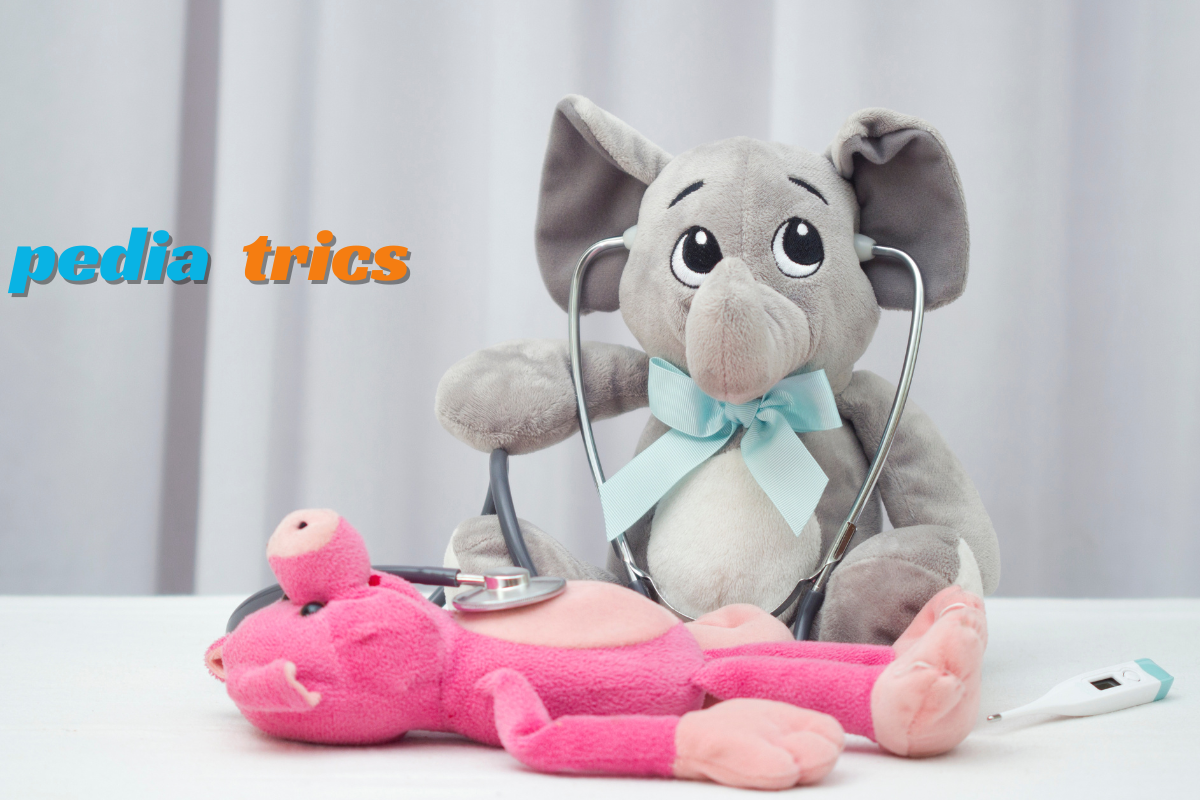.png)
Laparoscopic Hernia Surgery
- 25th January 2024
Laparoscopic Hernia Surgery
Have you been diagnosed with a hernia? Don’t let your condition get worse, and seek advanced Laparoscopic Hernia Surgery at HealthboxOPD. We leverage modern, minimally invasive laparoscopic technology to repair hernia effectively. Book an appointment with us and consult the best hernia surgeons in India to plan the Laparoscopic Hernia Surgery.
About Hernia & Types of hernia surgery
A hernia occurs when the internal organs, tissues, muscles, or fat pushes through a weak spot in the abdominal muscle wall. Most hernias develop within the abdominal cavity, i.e., between the chest and hips. Hernias usually are not considered dangerous, but they tend to get bigger and lead to life-threatening complications.
It can occur in both males and females. Some common types of hernias are:
- Inguinal Hernia: It is the most common type of hernia that appears in the groin region when a part or section of the intestine or bladder pushes through the abdominal wall or into the inguinal canal. This type of hernia mostly occurs in males.
- Umbilical Hernia: In this type of hernia, the intestine protrudes through the weak abdominal muscles around the navel or belly button. It mostly develops in infants and often resolves within a year or so. Adult males and females can also develop this hernia.
- Hiatal Hernia : A hiatal hernia develops when the opening in the diaphragm, where the esophagus passes through, widens, and the stomach pushes through this opening, creating a bulge in the chest.
- Femoral Hernia: This type of hernia occurs when the internal organs or tissues push through the groin around the femoral artery present in the upper thigh region. A femoral hernia most develops in females.
- Incisional Hernia: Also known as ventral hernia, an incisional hernia develops in the area of a previous surgical incision where the intestine or other organs push through the weak scar tissue in the abdominal wall.
Other types of hernia include epigastric hernia, spigelian hernia, congenital diaphragmatic hernia, perineal hernia, etc. Hernias often cause discomfort, pain, and a visible bulge in the affected area. They can be left untreated initially but need to be monitored properly. However, if the condition progresses, surgical hernia repair is required to prevent complications and alleviate symptoms.
• Disease name
Hernia
• Surgery name
Herniorrhaphy
• Duration
35-45 minutes
• Treated by
General Surgeon
.png)

.png)
.png)
.png)
.png)